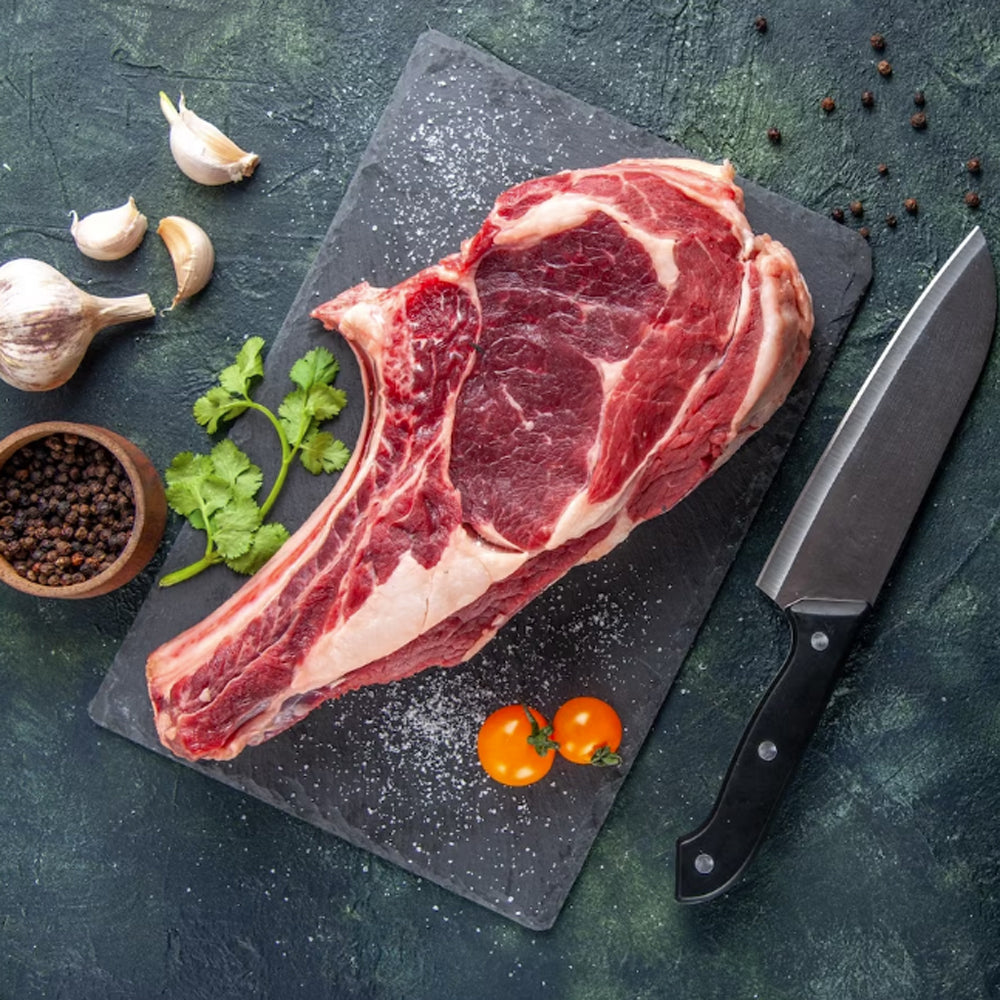
From Field to Table: Understanding Sustainable Meat Practices
As concerns about climate change and environmental sustainability continue to grow, the demand for sustainable and ethically sourced products, including meat, is on the rise. Consumers are becoming more conscious about the impact their choices have on the planet, and meat shops have a unique opportunity to cater to this growing market. In this article, we will explore the concept of sustainable meat production and highlight its significance for meat shops.
- Organic Farming:
One of the fundamental principles of sustainable meat production is organic farming. Organic practices prioritize the use of natural fertilizers, crop rotation, and minimal pesticide use. By sourcing meat from organically raised animals, meat shops can offer customers a healthier and environmentally friendly choice.
- Grass-fed and Pasture-raised:
Promoting grass-fed and pasture-raised meat is another essential aspect of sustainable meat production. These methods allow animals to roam freely and graze on natural pastures, resulting in higher quality meat that is also more nutritious. Supporting local farmers who practice grass-fed and pasture-raised techniques can strengthen your meat shop's commitment to sustainability.
- Reduced Water Consumption:
Water scarcity is a pressing global issue, and the meat industry is a significant contributor to this problem. Implementing water-efficient practices within your meat shop, such as optimizing cleaning processes and reducing water waste, can help conserve this valuable resource.
- Energy Efficiency:
Meat shops can reduce their carbon footprint by embracing energy-efficient technologies and practices. Upgrading to energy-efficient appliances, optimizing refrigeration systems, and using renewable energy sources can significantly lower energy consumption.
- Waste Management:
Proper waste management is crucial for sustainable meat production. Establishing recycling programs, minimizing packaging waste, and finding innovative ways to repurpose or donate excess meat can significantly reduce environmental impact.
- Responsible Sourcing:
Transparency and accountability in sourcing play a vital role in sustainable meat production. Collaborating with suppliers who prioritize animal welfare, ecological conservation, and fair labor practices ensures that your meat shop offers ethically sourced products.
Incorporating sustainable meat production practices within your meat production is not only essential for environmental conservation but also for attracting conscientious customers who value ethically sourced products.